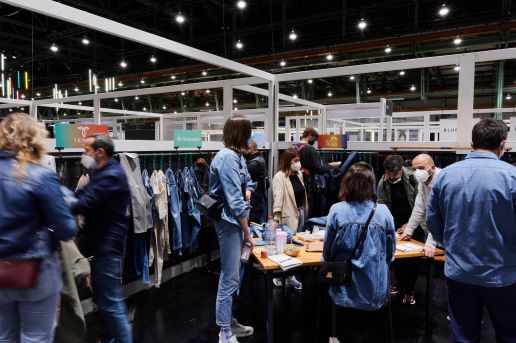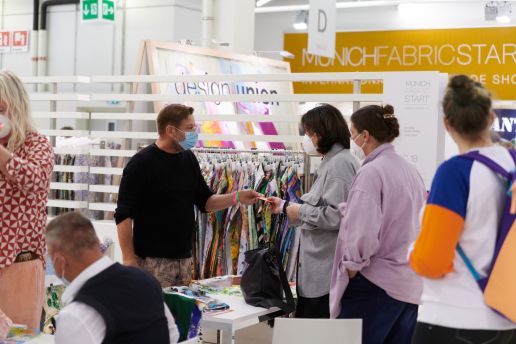In the past five years, groundbreaking science has been changing the clothing industry one experiment at a time. With a ravenous appetite for new fabrics, some great candidates have been castor bean-derived nylons, mushroom leather, and synthetic spider silks. Designed to correct some of the textile industry’s wrongs, new materials have been enticing the attention of some of the most prominent players in the fashion industry, which is an excellent thing.
Introducing Cutting Edge Atelier
As we enter a new material age, there has been an influx of fabric alternatives being researched and explored. So even though it may all seem pretty experimental right now, here are five companies making many of us believe that new materials will become the norm over traditional ones.
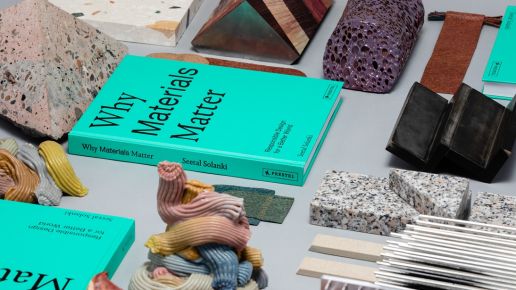
Picture credit:
Circular Systems
AlgiKnit
Is biology the future of fashion? Well, AlgiKnit seems to think so. The biomaterials company has been developing biomaterials that can play a vital role in the future of sustainable manufacturing.
By addressing the ecological damage caused by the fashion industry, AlgiKnit is making an impact by operating in a closed-loop product lifecycle that will bring sustainable bio-based textile alternatives to the footwear and apparel industries.
The biomaterials startup focuses on transforming the apparel ecosystem with rapidly renewable bio-based textiles. AlgiKnit has found a way of utilising materials with a significantly lower environmental footprint than conventional textiles. One of these materials is Kelp. Considered to be one of the fastest-growing organisms on earth – up to 10 times faster than bamboo. “Kelp is grown in aquatic farms around the world in coastal communities, often by fishermen and women, providing income during the fishing off-season,” states their site.
One of the benefits of Kelp, according to Fashion United is that it improves the environment by absorbing nutrients from agricultural and sewer run-off that can alter coastal settings. This recaptures nutrients for the next generation of biomaterials. Also, Algiknit’s biopolymer is entirely customisable.
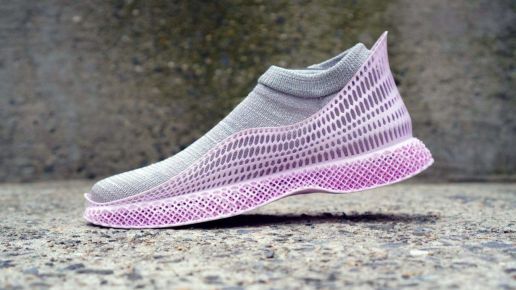
Picture credit: Algiknit

Picture credit: Algiknit
MyCoWorks
Founded by Philip Ross, Sophia Wang and Eddie Pavlu, the California startup MyCoWorks comprises a team of creative engineers, designers, and scientists. Their distinctive disciplines gave birth to a rapidly renewable natural resource called mycelium.
According to Insider.com, Mycelia are thread-like masses of fungi that grow underground. They run through almost every square inch of earth, delivering nutrients and allowing plants to “talk” to each other. MyCoWorks has innovatively used fungi to create a textile that performs like leather. On the mushroom-like material, Wang admitted to it being “a new thing in the world.”
So what does mycelium bring to the table? Well, MyCoWorks have presented mycelium as the solution to replace the resource-intensive product, leather. Relying on nature’s best tools, they have created a new kind of leather that can multiply from mycelium using a carbon-negative process. In addition, their custom-engineered material is sustainable, versatile, and animal-free. On MyCoWorks new leather, Dr Amanda Parkes, Chief Technology and Research at Manufacture NY, shared, “I believe we can solve all the world’s problems with mycelium biology”.
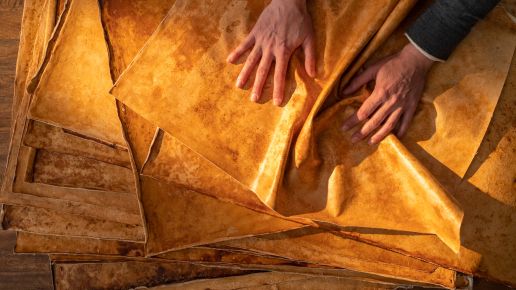
Picture credit: MyCoWorks
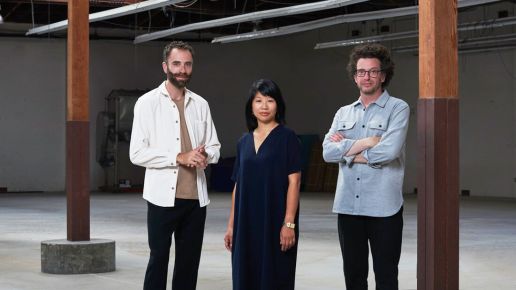
Picture credit: MyCoWorks
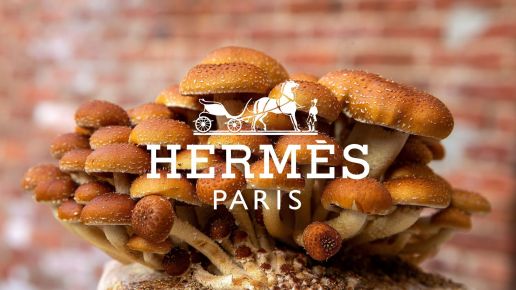
Picture credit: MyCoWorks
Desserto
Cactus vegan leather is nothing new. The material first came to our attention back in 2019. We wrote about how the two entrepreneurs, Adrián López Velarde and Marte Cázarez, developed and showcased their vegan leather material at the International Leather Fair Lineapelle 2019.
Made with cactus, the alternative to animal leather was heralded as a high resistance vegan cactus leather that would appeal to the fashion, interior and car industries.
Named Desserto, the cost-competitive material has been designed and developed to meet the most rigorous standards from the Aeronautic to the Fashion industries. That being said, not everyone has sung their praises. For example, Dr Ashley Holding and Paula Lorenz outed the Desserto material as partly vegan leather with cactus; the rest they described in a write-up was “undefined chemicals”. Although the founders have shared that the chemicals they use are non-toxic, it is not a truth revealed so openly by Desserto. Instead, the Mexican startup concentrated on the fact that their material was ‘PVC Free’ and did not contain a particular type of plastic.
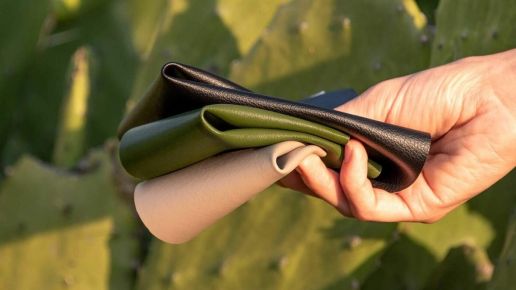
Picture credit: Desserto
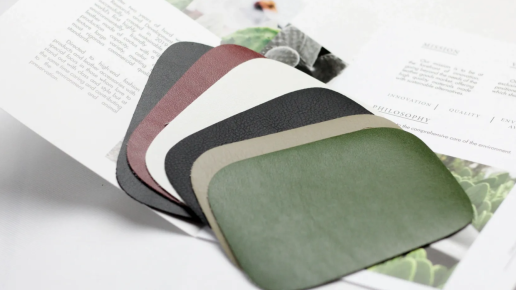
Picture credit: Desserto
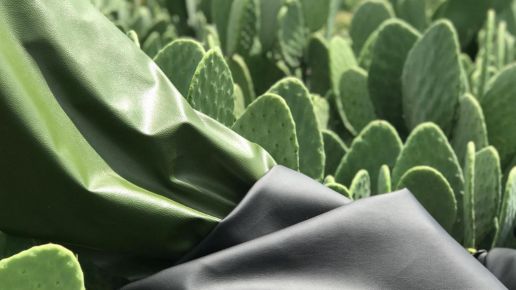
Picture credit: Desserto
Agraloop
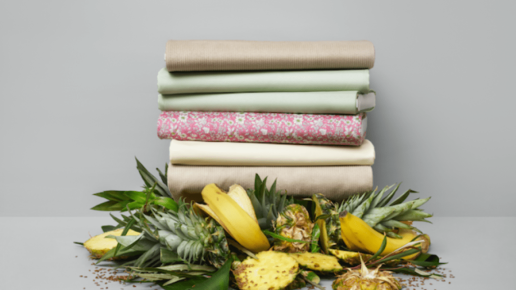
Picture credit: Agraloop
Agraloop has been busy transforming leftovers from food and medicine crops into scalable high-value natural fibre fashion products. The materials science company refines natural fibres from crops into a textile-grade fibre called Agraloop™ BioFibreTM.
“Our circular plus regenerative technologies provide systemic solutions for transforming waste into valuable fibre, yarn, and fabrics for the fashion industry,” states their website.
Mindfully sourced for circularity, Agraloop has developed a specialised wet processing technique; cellulose fibre from stems and leaves is purified into soft fibre bundles ready to spin into yarns. The Agraloop processes leftovers from various food and medicine crops, including oilseed hemp/flax, CBD hemp, banana, and pineapple.
Modern Meadow
Modern Meadow exists at the intersection of performance, scalable adoption and sustainability. The company began with an R&D initiative to develop a sustainable alternative to leather, which led to a breakthrough discovery of proteins as functional ingredients.
Harnessing the power of design, biology, and engineering, in 2017, Modern Meadow launched their prototype materials brand, ZOA. With the ability to impact a range of products across multiple industries, Modern Meadow state on their website: “Our experiments and exploration within ZOA led to the creation of Bio-Alloy™ and its application in a wide range of high-performing, low-waste bio fabricated materials, and our unique capabilities to create functional, animal-free proteins.”
Scaling by partnering with forward-thinking developers, manufacturers, and brands, Modern Meadow continues to educate industries on the possibilities of a biomaterial future.
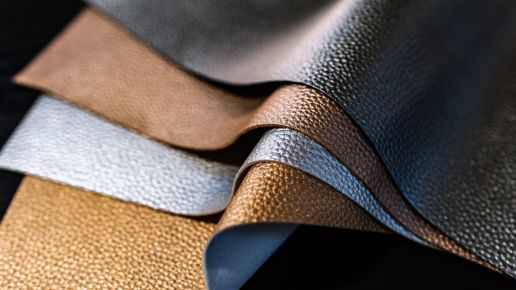
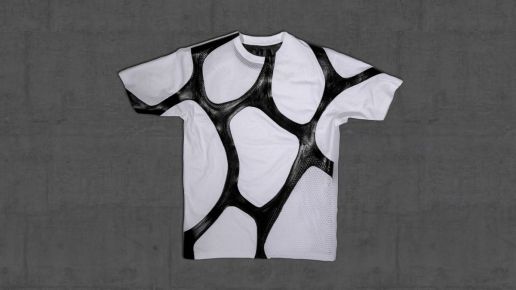
Picture credit:
Modern Meadow
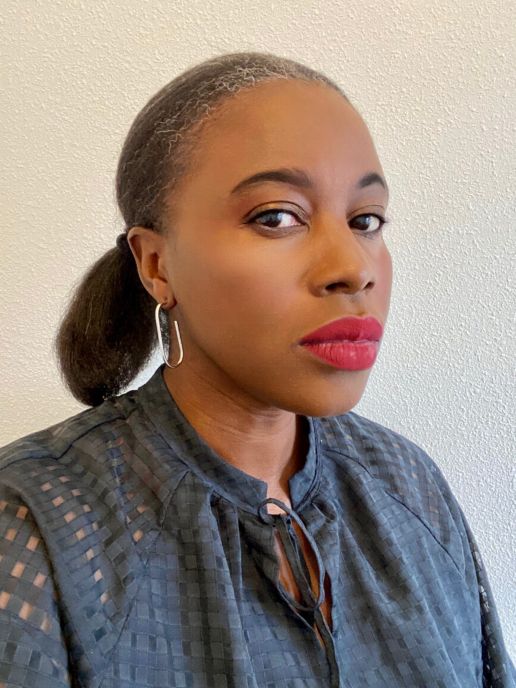
About the author
Founding editor-in-chief of FashNerd.com, Muchaneta has worked in the fashion industry for over 14 years. She is currently one of the leading influencers speaking and writing about the merger of fashion with technology and wearable technology.
Muchaneta ten Napel | editor@fashnerd.com
———————————————————————–
Discover further industry-disrupting innovations at our upcoming shows:


